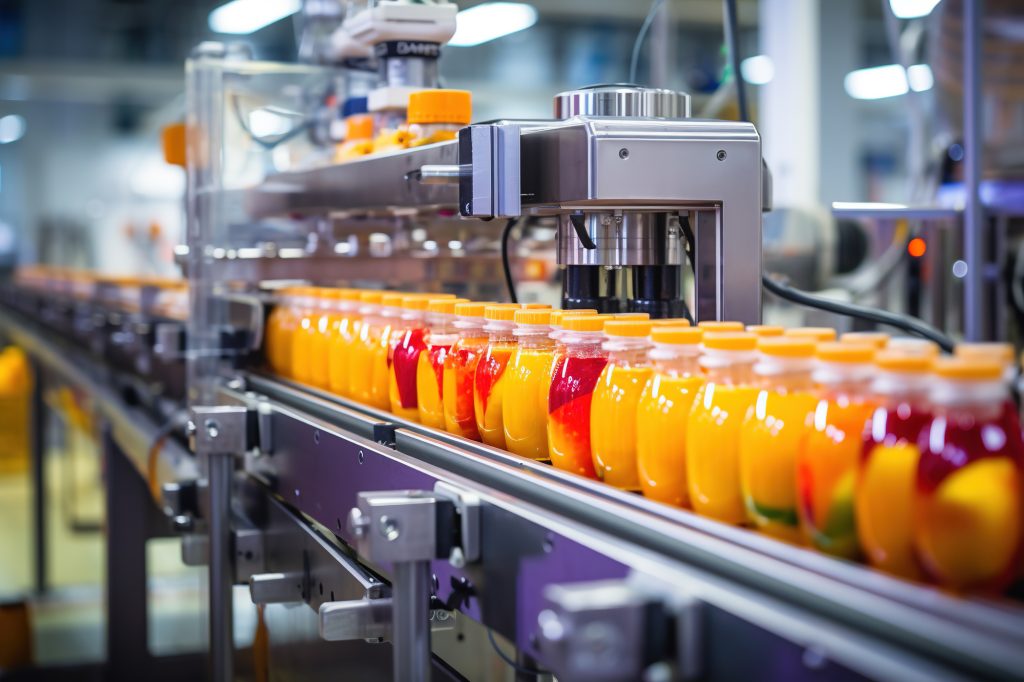Health
Innovative Liquid Handling Technologies Transforming Industries

Imagine the countless industries that rely on the precise and efficient movement of liquids. From developing lifesaving drugs to ensuring the safety of our food, liquid handling plays a critical role in various scientific and industrial processes. But how are these processes being revolutionized? The answer lies in innovative liquid handling technologies.
The Importance of Liquid Handling Technologies
Liquid handling technologies include the tools and methods used to transfer liquids precisely from one container to another. These technologies are crucial in industries like pharmaceuticals, biotechnology, chemical manufacturing, and food and beverage. Even a tiny error in measuring or transferring liquids can significantly impact the outcome of an experiment or the quality of a product. Here, precision and efficiency are crucial.
Automation in Liquid Handling
Remember the days hunched over a microscope, meticulously transferring liquids with a pipette? Forget that! Automation has transformed liquid handling, offering a game-changing boost:
Eliminate Errors
Automated liquid handling systems ditch the risk of human error for pinpoint accuracy, leading to reliable results every time.
Faster Processing
Need to process samples quickly? Automation gets the job done in a flash, freeing up your valuable research time.
Higher Throughput
Automated liquid handling takes throughput (the number of samples processed) to a whole new level, accelerating research and development.
No More Repetitive Tasks
Let the robots handle the repetitive liquid handling tasks. Automation frees scientists to focus on the exciting stuff: designing experiments, analyzing data, and making breakthroughs.
These advancements are revolutionizing the way labs operate, making processes more efficient and reliable. Check out reputable resources like knf.com/en/global for lab applications of advanced liquid handling systems, such as diaphragm pumps.
Microfluidics and Lab-on-a-Chip Technologies
Imagine this: a whole lab shrunk down to the size of a chip! That’s the brilliance of microfluidics and lab-on-a-chip technologies. These miniaturized marvels can handle miniscule amounts of liquid, making them both eco-friendly and budget-friendly. Plus, the smaller size means lightning-fast processing times—perfect for things like diagnosing diseases or developing new drugs.
Think about it: a tiny chip that can quickly analyze a drop of blood and give you a diagnosis. Lab-on-a-chip tech is revolutionizing healthcare by offering faster and more efficient ways to get the answers you need.
Digital Liquid Handling Systems
Digital liquid handling systems take automation a step further. These advanced systems incorporate features like programmable protocols, allowing for customized workflows. They also offer real-time monitoring and data integration, providing valuable insights into the liquid handling process. This level of control and data analysis ensures superior precision and flexibility when handling a wide range of liquids.
For instance, digital liquid handling systems can be programmed for complex tasks like next-generation sequencing (NGS) library preparation, a crucial step in genetic analysis.
Advanced Sensors and AI Integration
The future of liquid handling is even brighter with the integration of advanced sensors and artificial intelligence (AI). These sensors provide real-time feedback on factors like liquid level and pressure, further enhancing accuracy and reliability. AI, on the other hand, can analyze data to predict maintenance needs, detect errors before they occur, and optimize liquid handling processes.
Imagine an AI-powered liquid handling system that can identify potential issues and automatically adjust settings to ensure a smooth and error-free operation.

Source: AdobeStock
Liquid Handling Applications Across Industries
Imagine countless industries that rely on the precise and efficient movement of liquids. From developing lifesaving drugs to ensuring the safety of our food, liquid handling is essential in various scientific and industrial processes. But how exactly are these advancements transforming different industries? Here’s how:
Pharmaceuticals & Drug Discovery
Gone are the days of tedious manual pipetting in drug development. Automated liquid handling systems in pharmaceutical companies have become quite indispensable, eliminating errors and accelerating the testing of potential drug candidates. This translates to faster breakthroughs in the race to find life-saving treatments.
Biotechnology & Research
Miniaturization through microfluidics is transforming research labs. Lab-on-a-chip devices require only tiny sample volumes, making them both cost-effective and ideal for areas like genetic analysis. Faster processing times with these miniaturized labs lead to quicker research discoveries, propelling scientific progress forward.
Food & Beverage Production
Consistency and safety are vital in food and beverage production, and precise liquid handling is key. Automated systems ensure accurate measurements of ingredients, reducing waste and maintaining the consistent taste and quality we all crave. Additionally, digital liquid handling solutions with real-time monitoring allow for continuous quality control throughout the production process, from start to finish.
Chemical Manufacturing
Liquid handling systems are particularly critical in chemical manufacturing, from handling hazardous materials to maintaining precise reaction conditions. Advanced sensors in these systems provide real-time feedback on factors like pressure and temperature. This allows for fine-tuning of chemical reactions, ensuring optimal product yield and a smoother, safer manufacturing process.
Liquid handling technology has evolved far beyond simply moving liquids. It has become an engine of innovation across industries. These advancements are streamlining processes, minimizing errors, and paving the way for a future filled with groundbreaking discoveries.
Final Thoughts
Innovative liquid handling technologies are revolutionizing industries by offering increased accuracy, efficiency, and productivity. From automation and miniaturization to advanced sensors and AI, these advancements are streamlining processes, minimizing errors, and paving the way for groundbreaking discoveries. As liquid handling technology continues to evolve, we can expect even more exciting possibilities in the years to come.


















































